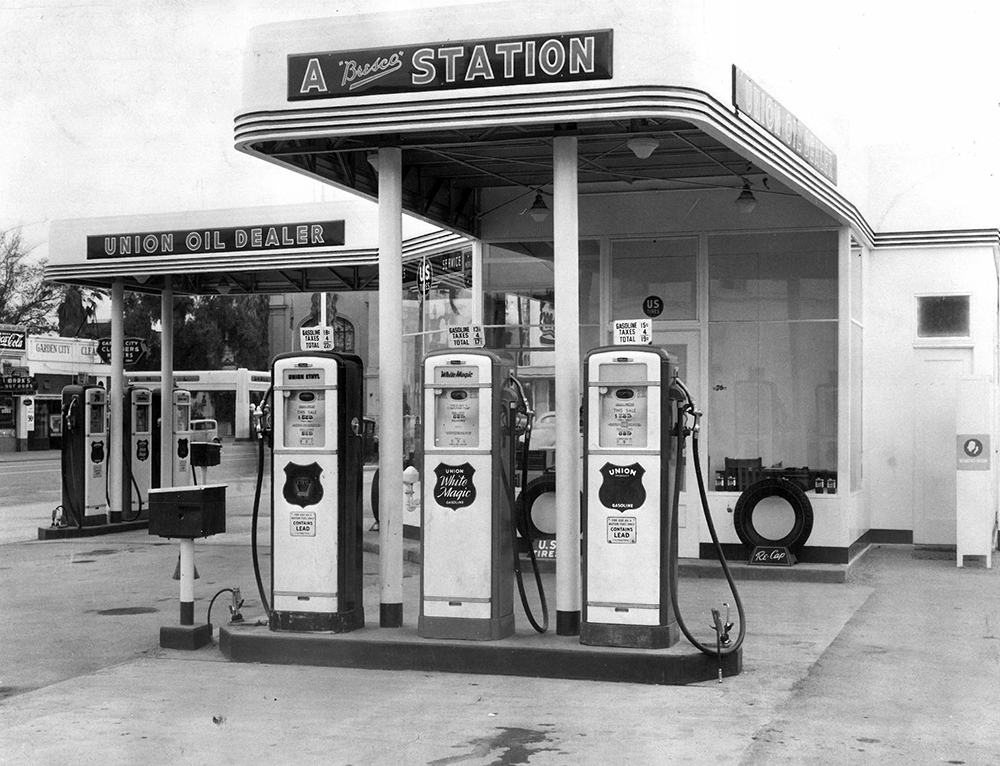Fuel Prices & Gasoline Taxes – An Endless Debate?
June 17th, 2014 by Fiedler Group
We recently read an article published by one of the nation’s leading petroleum providers, lamenting the impact of gasoline taxes on gasoline prices and operating profits.
The argument clearly targeted the government and its propensity to address revenue shortfalls by taxing of the oil industry.
We’re sure the following article excerpts are familiar to all:
“It was once popular and profitable to “soak” the rich oil business; but the industry can no longer take the tax blows it withstood a few years ago.”
“For a long time the oil industry has acquiesced to the taxing of gasoline as a means of raising revenue…”
“…the oil industry is particularly anxious that the general tax-making bodies, and the public at large, appreciate the position in which the industry is being placed by excessive taxation.”
“Excessive taxes on gasoline place hardships on thousands of small salaried workers who must operate cars.”
So why highlight an oil industry publication decrying excessive taxing of gasoline?
Because the quotes above were originally published in Union Oil Company’s December, 1932 Bulletin!
Nearly 100 years after the Oregon state legislature introduced the first gasoline sales tax (one cent per gallon of gasoline) in 1919, gasoline prices continue to draw significant attention today — by the public and local news networks — who both feel compelled to announce where the least expensive gasoline is sold.
And although gasoline prices are so closely scrutinized, one should question whether the public understands how much of the posted gasoline price is the taxes they are paying.
Do California drivers understand more than 67 cents per gallon of gasoline goes directly to the government (18.4 cents in Federal tax & 48.7 cents in state tax)?
As the 1932 Union Oil Bulletin noted:
“There is a strange anomaly connected with the payment of the gasoline tax, and that is, that despite the size of the present tax, the motorist pays it without being fully conscious of it….When the average motorist now sees the price posted on a gasoline pump he sees it only as the price he is paying to the company whose product he is buying…. He does not stop to figure … that he is paying a tax.”
The vehicles we will drive tomorrow, and the fuel we utilize in these future vehicles will change in the decades to come, but we wonder, will we still be debating fuel prices and gasoline taxes 80 years from now?
